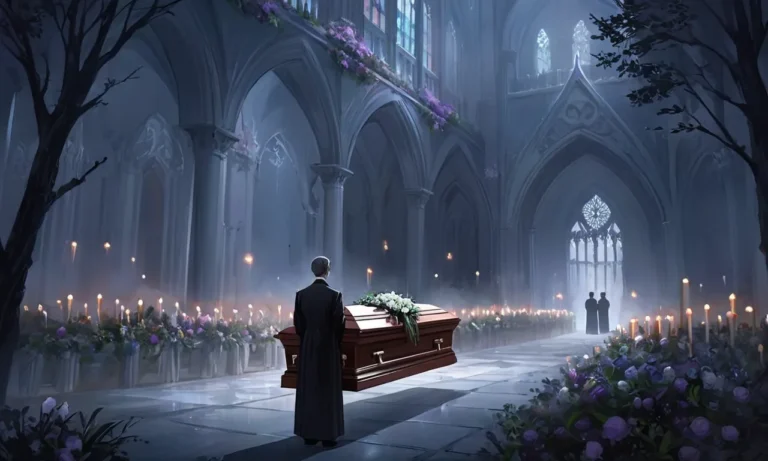The Deferred: A Comprehensive Analysis of Langston Hughes’ Dream Meaning

In the world of American literature, few names carry as much weight and influence as that of Langston Hughes. As a poet, playwright, novelist, and social activist, he left an indelible mark on the literary landscape, especially with his exploration of the African-American experience. Among his numerous works, “The Deferred” stands out as one of the most thought-provoking and powerful pieces, offering a deep insight into Hughes’ dream meaning and its implications for society at large.
Background on Langston Hughes and The Deferred
Langston Hughes was born in Joplin, Missouri, in 1902. He grew up during the early years of the 20th century when America was undergoing significant social changes. As a member of the Harlem Renaissance, Hughes’ works often focused on themes related to race, identity, and the struggle for equality. “The Deferred,” written in 1948, is a poem that reflects these concerns and serves as an allegory for the unfulfilled hopes and dreams of African-Americans in post-World War II America.
The Structure and Symbolism of The Deferred
“The Deferred” is divided into three sections, each one exploring different aspects of Hughes’ dream meaning. The first section, “A Negro Dreams of Democracy,” establishes the themes of unfulfilled dreams, disappointment, and alienation that permeate the poem. In this section, the narrator describes a dream where he finds himself in a beautiful garden filled with roses, which represent democracy. However, as he tries to pick one of these roses, he realizes they are all fake—an early indication of the superficial nature of democracy for African-Americans.
The second section, “A Negro Dreams of Freedom,” continues this exploration of unmet expectations and the elusive nature of freedom. Here, the narrator imagines himself standing before a gate with the word “Freedom” written on it in large letters. However, when he tries to pass through the gate, he discovers that it is locked—another symbol of the barriers preventing African-Americans from achieving true freedom and equality.
Finally, in the third section, “A Negro Dreams of Equality,” Hughes turns his attention to the struggle for equal rights and opportunities for all people. In this final dream sequence, the narrator envisions himself as a boxer facing off against an opponent who represents racial prejudice and discrimination. Despite his best efforts, the narrator is unable to overcome these obstacles and achieve victory, further emphasizing the difficulties faced by African-Americans in their quest for equality.
The Deferred: A Symbol of Unfulfilled Dreams
At its core, “The Deferred” serves as a powerful symbol of the unfulfilled dreams and aspirations of countless African-Americans throughout history. By using dream sequences to explore these themes, Hughes creates an allegorical world where the reality of life for many African-Americans is laid bare—a world filled with disappointment, alienation, and unattainable dreams.
The poem’s title itself reflects this sense of deferred hope, as it refers to a person who has been denied something they rightfully deserve or have been promised. In the context of “The Deferred,” this concept is applied to the lives of African-Americans, who continue to face obstacles and challenges in their pursuit of equality, freedom, and democracy.
The Impact and Legacy of The Deferred
“The Deferred” remains a seminal work within American literature and an essential component of the African-American literary tradition. Its powerful exploration of themes such as race, identity, and the struggle for equality continues to resonate with readers more than seven decades after it was first published. Moreover, Hughes’ dream meaning serves as a stark reminder of the ongoing fight for justice and fairness for all people—a fight that is far from over.
In conclusion, “The Deferred” by Langston Hughes stands as a timeless exploration of the unfulfilled dreams and aspirations of African-Americans in post-World War II America. By using dream sequences to explore these themes, Hughes creates an allegorical world where the reality of life for many African-Americans is laid bare—a world filled with disappointment, alienation, and unattainable dreams. As we continue to grapple with issues of race and equality in the United States today, “The Deferred” serves as both a powerful symbol of our past struggles and an enduring call to action for our future efforts.






